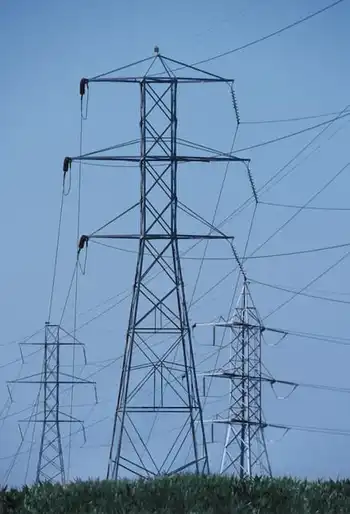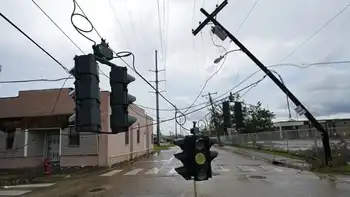Manitoba Hydro To Study Wind Farms
WINNIPEG -- - Manitoba Hydro has finalized a 320-thousand-dollar contract with a Quebec company to research possible sites for wind farms in the province.
Hydro president Bob Brennan says the contract, with Helimax Energie, is for a year-long study that will see 60-metre-high towers equipped with wind testing equipment erected on the sites.
He says if the study determines there is enough wind at one or more of the seven locations, the initial plan will be to build one or two wind farms.
In addition to wind speed, the locations are scouted for proximity to existing hydro grids to reduce the cost of building new power lines.
To be effective, wind turbines can only be erected in a region with average wind speeds over 22 kilometres an hour.
Related News

Alberta Electricity market needs competition
CALGARY - Alberta Electricity Market faces energy-only vs capacity debate as transmission, distribution, and administration fees surge; rural rates rise amid a regulated duopoly of investor-owned utilities, prompting calls for competition, innovation, and lower bills.
Key Points
Alberta's electricity market is an energy-only system with rising delivery charges and limited rural competition.
✅ Energy-only design; capacity market scrapped
✅ Delivery charges outpace energy on monthly bills
✅ Rural duopoly limits competition and raises rates
Last week, Alberta’s new Energy Minister Sonya Savage announced the government, through its new electricity rules, would be scrapping plans to…




